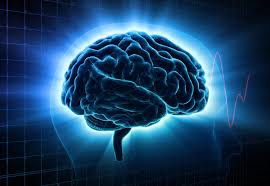LSD (lysergic acid diethylamide) has long been associated with altered states of consciousness, but recent research is unveiling its potential for healing, particularly through its effects on neuroplasticity. Neuroplasticity refers to the brain’s ability to reorganize itself by forming new neural connections, a process that is essential for recovery from trauma, addiction, and various mental health disorders. LSD’s role in enhancing neuroplasticity makes it a promising tool in therapeutic settings, offering new possibilities for healing and emotional resilience.
LSD and Neuroplasticity
LSD primarily interacts with serotonin receptors, especially the 5-HT2A receptor, which plays a crucial role in regulating mood, cognition, and perception. At moderate doses, LSD promotes increased connectivity between different regions of the brain, leading to a more flexible and adaptable brain network.If you want to Buy LSD Online Mushrooms you can contact us Feel free to order at anytime.
This heightened connectivity enables the brain to form new pathways, allowing individuals to overcome old, rigid thought patterns that may contribute to mental health issues.
Mechanism of Healing
In therapeutic contexts, LSD helps individuals process and reframe traumatic experiences by facilitating new ways of thinking about their emotions and past. This ability to break free from established mental patterns makes LSD a powerful tool for addressing conditions like PTSD, depression, and addiction. For example, patients dealing with trauma can revisit painful memories in a less emotionally charged state, gaining new perspectives and ultimately reducing the emotional grip of these memories.
Research and Evidence
Emerging studies suggest that psychedelics, including LSD, may accelerate neuroplasticity and promote long-term mental health benefits. A 2020 study published in Frontiers in Psychology highlighted that LSD not only promotes new neural connections but also encourages the brain to become more open to healing experiences. Many participants reported lasting improvements in mood, cognitive function, and emotional well-being.
Future Implications
As research into LSD’s neuroplasticity effects progresses, the potential for its use in treating a variety of mental health conditions continues to grow. LSD’s ability to foster neuroplasticity could revolutionize therapeutic approaches, offering a pathway to recovery and healing for those struggling with emotional and psychological challenges.
